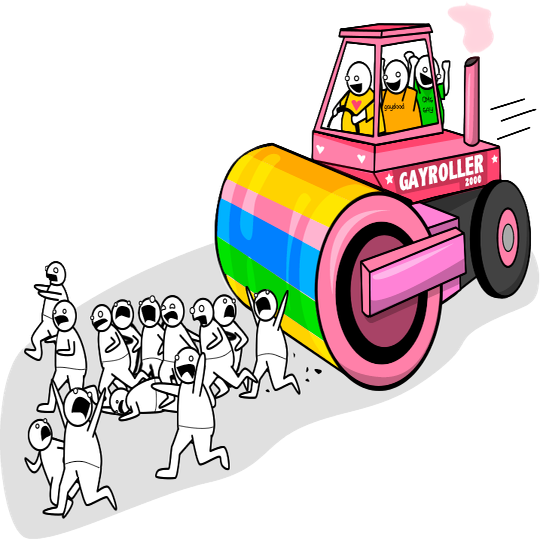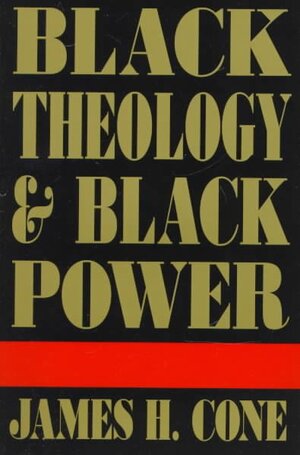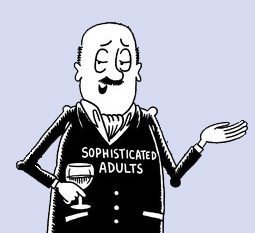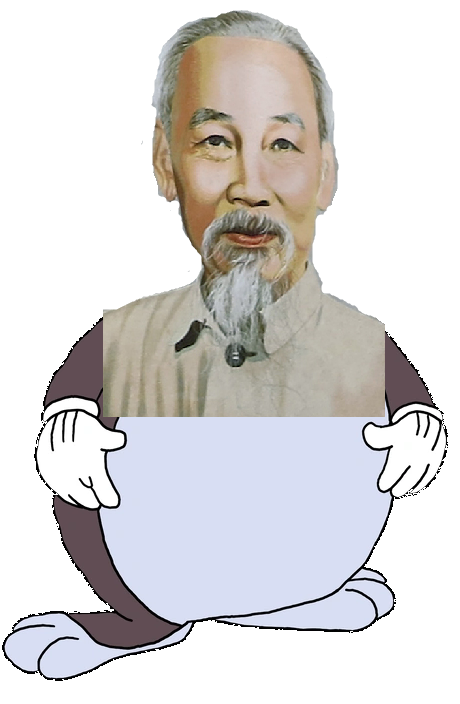Magnus Hirschfeld, born on this day in 1868, was a German physician, sexologist, and feminist whose books were burned by the Nazis. His work was among the earliest advocacy for homosexual and transgender rights in the modern period, according to historian Dustin Goltz.
Hirschfeld was born to a Jewish family in Kolberg, Poland on May 14th, 1868. After completing his studies, Hirschfeld lived in the United States for eight months.
While in Chicago, Hirschfeld, himself a homosexual, noted a strong similarity between the gay subculture between that city and Berlin, leading him to a theory of universality of homosexuality in the human condition.
Hirschfeld became interested in gay rights because many of his gay patients took their own lives. He was struck by the number of his gay patients who had "Suizidalnarben" (scars left by suicide attempts), and often found himself trying to give his patients a reason to live.
During the Harden-Eulenburg affair of 1906-09, a prominent sex scandal in Imperial Germany, Hirschfeld testified "homosexuality was part of the plan of nature and creation just like normal love", causing a national scandal.
Hirschfeld developed a system which categorized 64 possible types of sexual intermediary, including those he described under the term "transvestite", which he coined in 1910, and those he described under the term "transsexuals", a term he coined in 1923. Hirschfeld and the Institute for Sexual Sciences issued a number of transvestite passes to trans people in order to prevent them from being harassed by the police.
Hirschfeld co-wrote and acted in the 1919 film "Anders als die Andern" (English: "Different From the Others"), in which Conrad Veidt played one of the first homosexual characters ever written for cinema. The film had a specific gay rights law reform agenda; after Veidt's character is blackmailed by a male prostitute, he eventually comes out rather than continuing to make the blackmail payments. His career is destroyed and he is driven to suicide.
Less than four months after the Nazis took power in 1933, Hirschfeld's Institute was sacked. On the morning of May 6th, a group of university students who belonged to the National Socialist Student League stormed the institution, shouting "Burn Hirschfeld!" and began to beat up its staff and smash up the premises.
The state seized the Institution's library and held a book burning event four days later. Berlin police arrived at the institution and announced that it was closed forever. Hirschfeld, out of the country at the time, became a political exile and never returned to Germany.
In 1896, one of Hirschfeld's patients, a young army officer struggling with his homosexuality, killed himself. In his suicide note, the officer stated: "The thought that you [Hirschfeld] could contribute a future when the German fatherland will think of us in more just terms sweetens the hour of my death."
"This Soviet World" by Anna Louise Strong(1936) :soviet-heart:
Megathreads and spaces to hang out:
- ❤️ Come listen to music and Watch movies with your fellow Hexbears nerd, in Cy.tube
- 💖 Come talk in the New Monthly queer thread
- 💛 Read about a current topic in the news
- ⭐️ October Movie Nominations ⭐️
reminders:
- 💚 You nerds can join specific comms to see posts about all sorts of topics
- 💙 Hexbear’s algorithm prioritizes struggle sessions over upbears
- 💜 Sorting by new you nerd
- 🌈 If you ever want to make your own megathread, you can go here nerd
- 🐶 Join the unofficial Hexbear-adjacent Mastodon instance toots.matapacos.dog
Links To Resources (Aid and Theory):
Aid:
- 💙Comprehensive list of resources for those in need of an abortion -- reddit link
- 💙Resources for Palestine
Theory:
New Megathread Nerds!!! :germany-cool: :flag-gay-pride:
-
🐶 Join the unofficial Hexbear-adjacent Mastodon instance toots.matapacos.dog
-
🌈 If you ever want to make your own megathread, you can go here nerd
@aaaaaaadjsf @Abraxiel @Abstraction @Acute_Engles @AnarchaPrincess @Antilope @Alaskaball @Aliveelectricwire @artificialset @bbnh69420 @BigLadKarlLiebknecht @bubbalu @buh @CatEars420 @cawsby @CDommunist @Cheesewizzard @Cherufe @ClimateChangeAnxiety @clover @Commander_Data @ComradeCmdrPiggy @ComradeEchidna @context @corgiwithalaptop @CrispyFern @Cromalin @CruciferousBodyguard @CyborgMarx @Dawn_Beveridge @Dirt_Owl @Dolores @Donut @drinkinglakewater @Dryad @ElChapoDeChapo @ElGosso @el_principito @EmmaGoldman @FALGSConaut @Flinch @flowernet @forcequit @Frogmanfromlake @GalaxyBrain @ghosts @Goadstool @GorbinOutOverHere @GoroAkechi @Grownbravy @GVAGUY3 @HarryLime @hexaflexagonbear @Hohsia @Ho_Chi_Chungus @Ideology @InevitableSwing @jabrd @JamesConeZone @Kanna @Kaputnik @Koa_lala @kristina @LesbianLiberty @marxisthayaca
@MaxOS @Mindfury @mkultrawide @Nakoichi @PaulSmackage @plinky @PM_ME_YOUR_FOUCAULTS @PorkrollPosadist @President_Obama @PurrLure @Ram_The_Manparts @Redcuban1959 @RNAi
@Rojo27 @RoseColoredVoid @solaranus @SorosFootSoldier @Sickos @silent_water @Sphere @Spike @spring_rabbit @ssjmarx @take_five_seconds @TankieTanuki @Teekeeus @Tervell
@ThisMachinePostsHog @ultraviolet @UlyssesT @Venustum @viva_la_juche @WhatDoYouMeanPodcast @Wheaties @WhyEssEff @WIIHAPPYFEW @wtypstanaccount04 @wombat @Zoift @Zuzak@thelastaxolotl @WhoaSlowDownMaurice @Quimby @Lydia
@CARCOSA @liberal @ella @all_that_is_solid @KenBonesWildRide @KiraNerys @TomboyShulk @DuckNuckem @SapGreen @Zangief @scumlord @COMMENT @Antisocial_Socialist @DOPESMOKERDENG
Remember nerds, no current struggle session discussion here on the general megathread, i will ban you from the comm and remove your comment, have a good day/night :meow-coffee:
Cummunism posted a mediafire download link to This Soviet World by Anna Louise Strong, if you're looking for something nice to read, give it a download!
-
Listening to my friend explain dark souls lore is exactly like trying to understand Balkan politics
Who the fuck are the people designing websites for phones. “Yes I would like to enter my date of birth by scrolling down a long list of days/months/years rather than simply typing in 6-8 numbers!” <— statements dreamed up by the utterly deranged
Every time I use one of these fucking things I’m thankful I live in a country that starts with “A”. Good luck you Zambian fucks!!
Live in Berlin
Travel to city with very similar overall culture, including large proportion of migrants from Germany
Subcultures are very similar
:shocked-pikachu:
Makes sense for them to expand to the UK, there’s plenty of Tommys and Johns there
To celebrate the 40th anniversary of ROTJ George Lucas is releasing a very special edition of the movie where every actor is digitally replaced by Hayden Christensen.
Got a friend who only listens to true crime to listen to blowback by describing it as "true crime but the murderer is Donald Rumsfeld"
Despite the confidence transitioning gave me, I'm still an awkward mf 😎
Back in North Korea they only let me have sparkling water. The army would put a bunch of CO2 in the lakes and rivers so that Kim Jung Un could always get sparkling water and the flat water was only for the elite. They had thousands of people who were forced to remove all the bubbles with tweezers. My father worked 60 hours a week in a bubble removal factory. It took the entire week to make 1 glass of flat water. One time a family friend forgot to put ice in a newly made glass of flat water and he was forced to drink it even though he wasn't thirsty :deeper-sadness:
North Korea is like hell on earth. They eat organic food. There's no Nintendo. There's no NFTs or Amazon. The police don't shoot people in the back.
They don't have Marvel or Disney. There's trees. Poor people get homes or apartments. Literal dystopia like out of the hungry games.
"To educate the masses politically does not mean, cannot mean, making a political speech. What it means is to try, relentlessly and passionately, to teach the masses that everything depends on them; that if we stagnate it is their responsibility, and that if we go forward it is due to them too, that there is no such thing as a demiurge, that there is no famous man who will take the responsibility for everything, but that the demiurge is the people themselves and the magic hands are finally only the hands of the people." - Based :fanon:
chuds be like
:frothingfash: I WILL NOT EAT THE BUG
listens to the podcast hosted by the guy who hosted the tv show about eating bugs for years
People will reject the bug and yet refuse Red 40. Curious.
I ate the bug yesterday and it was fine, not sure what all the hyperventilating is about.
















